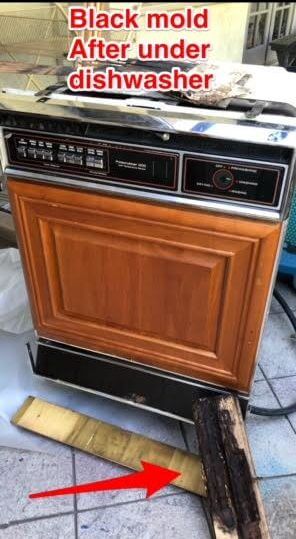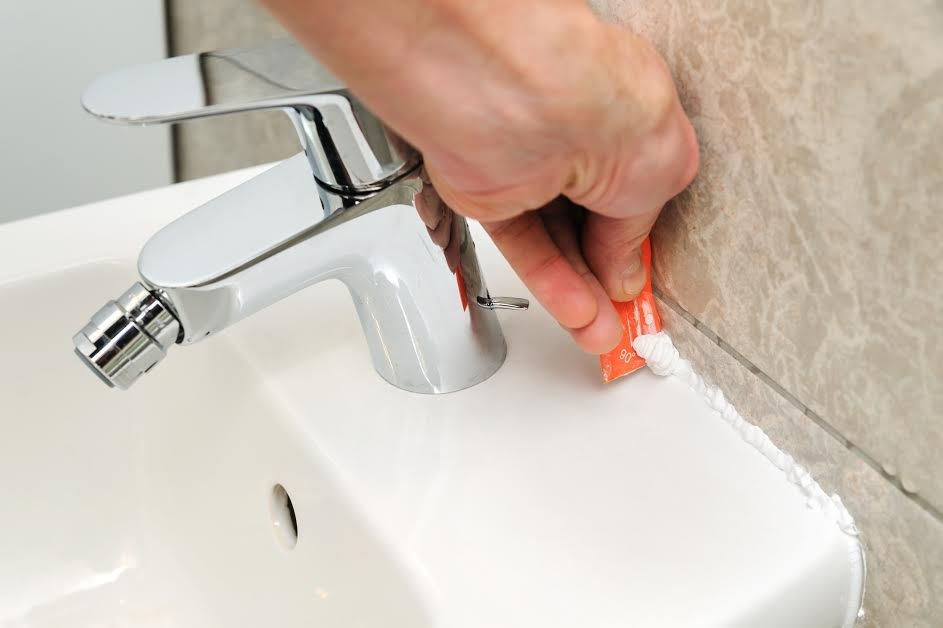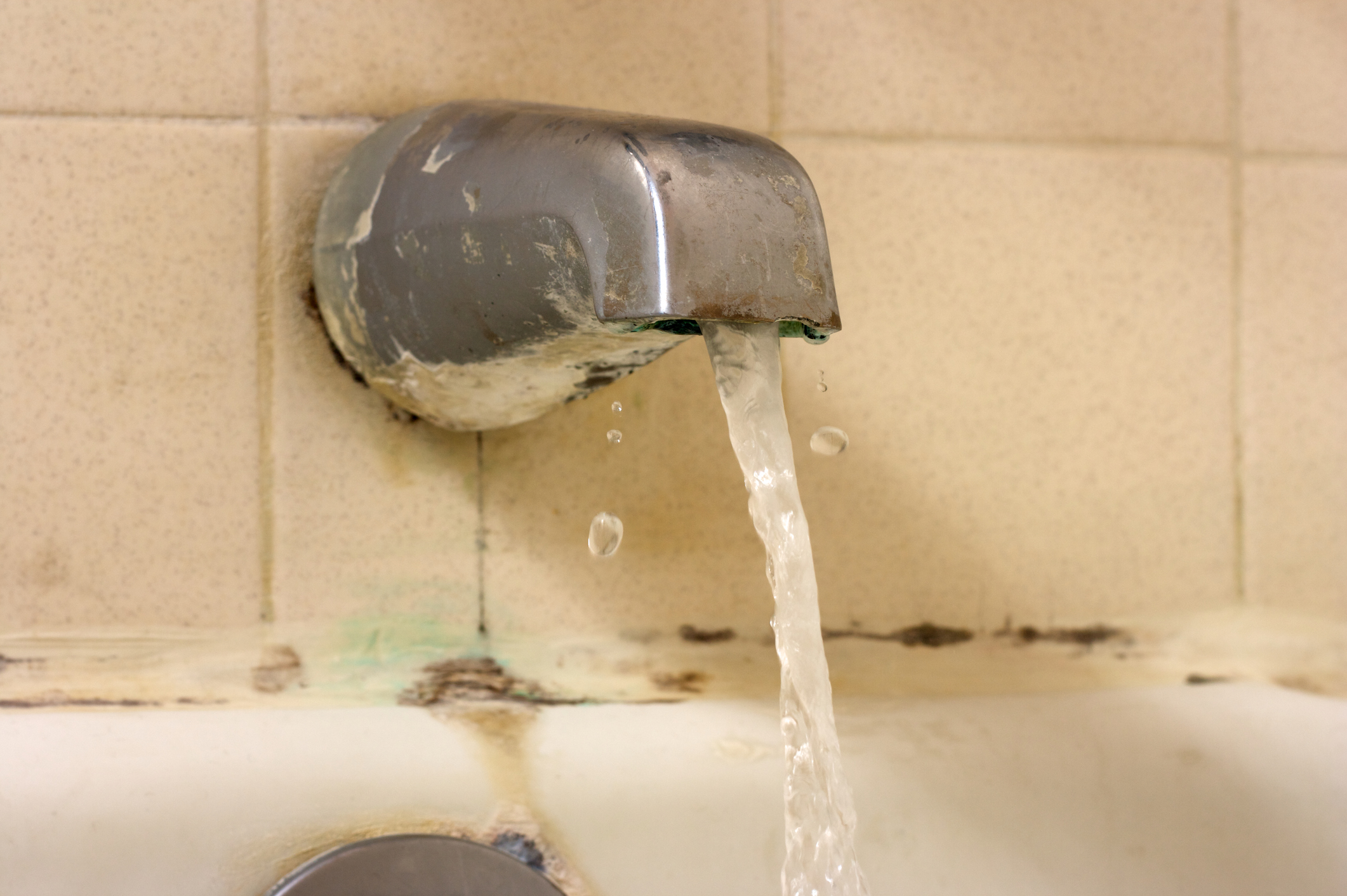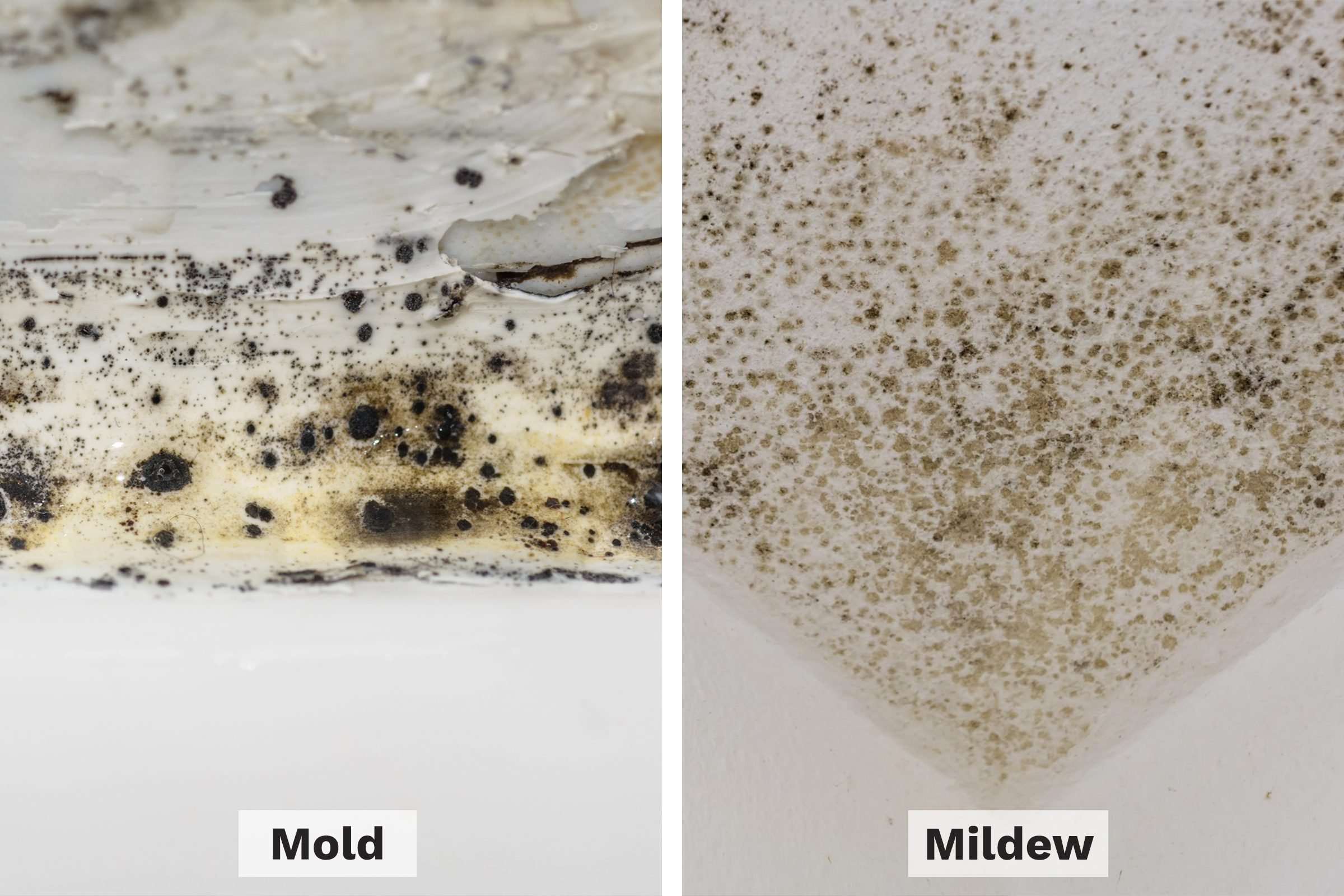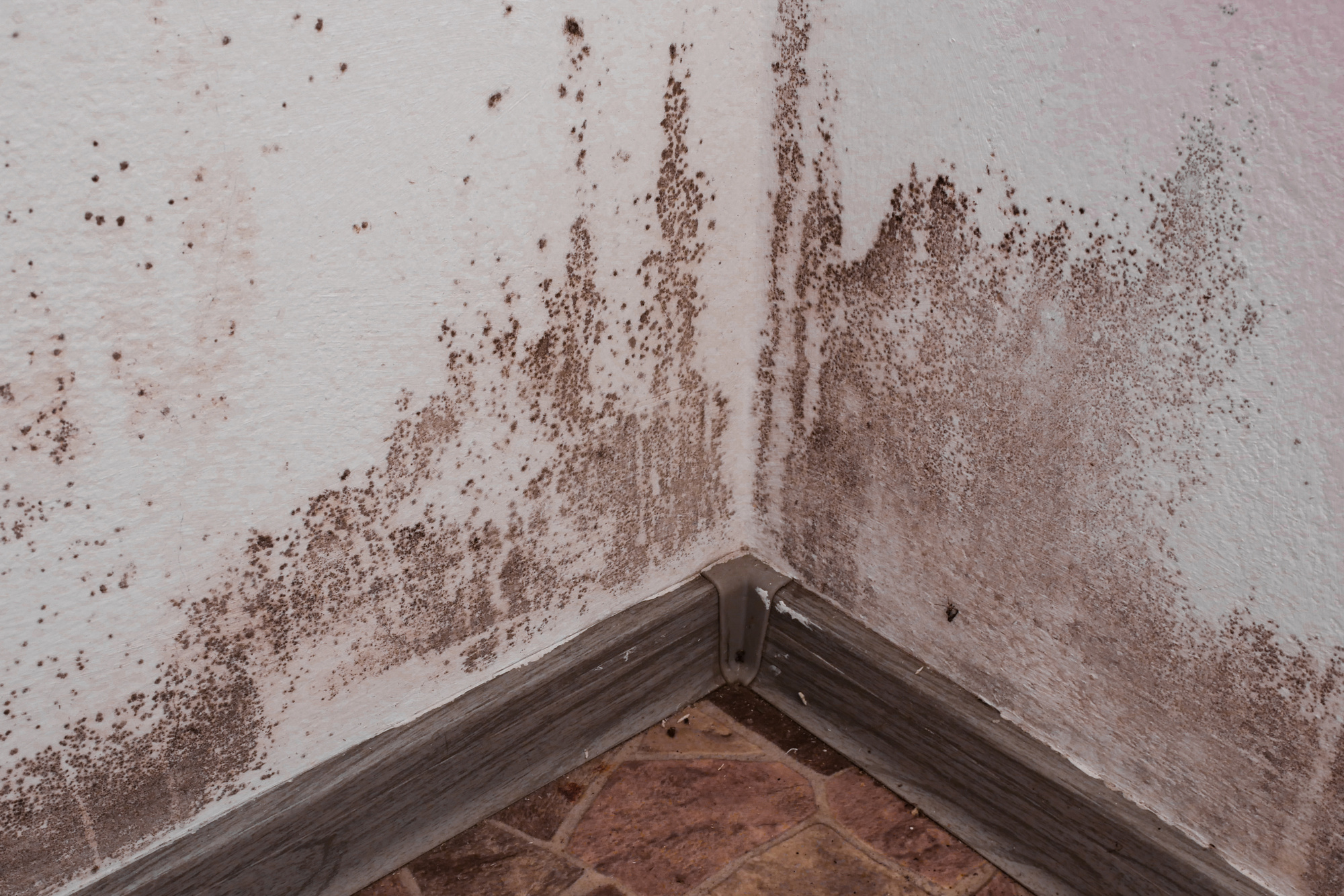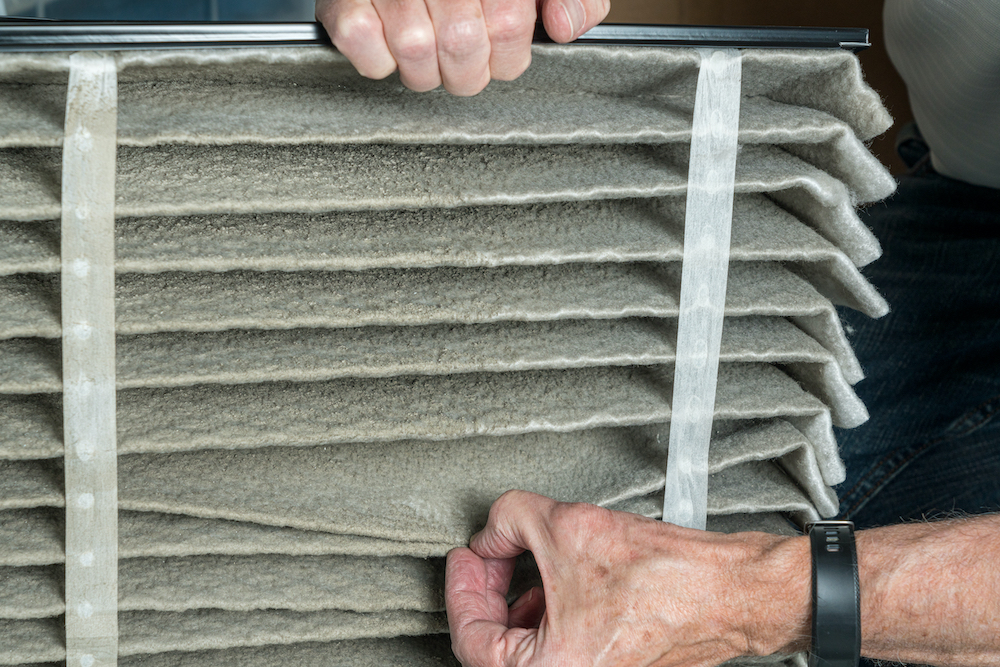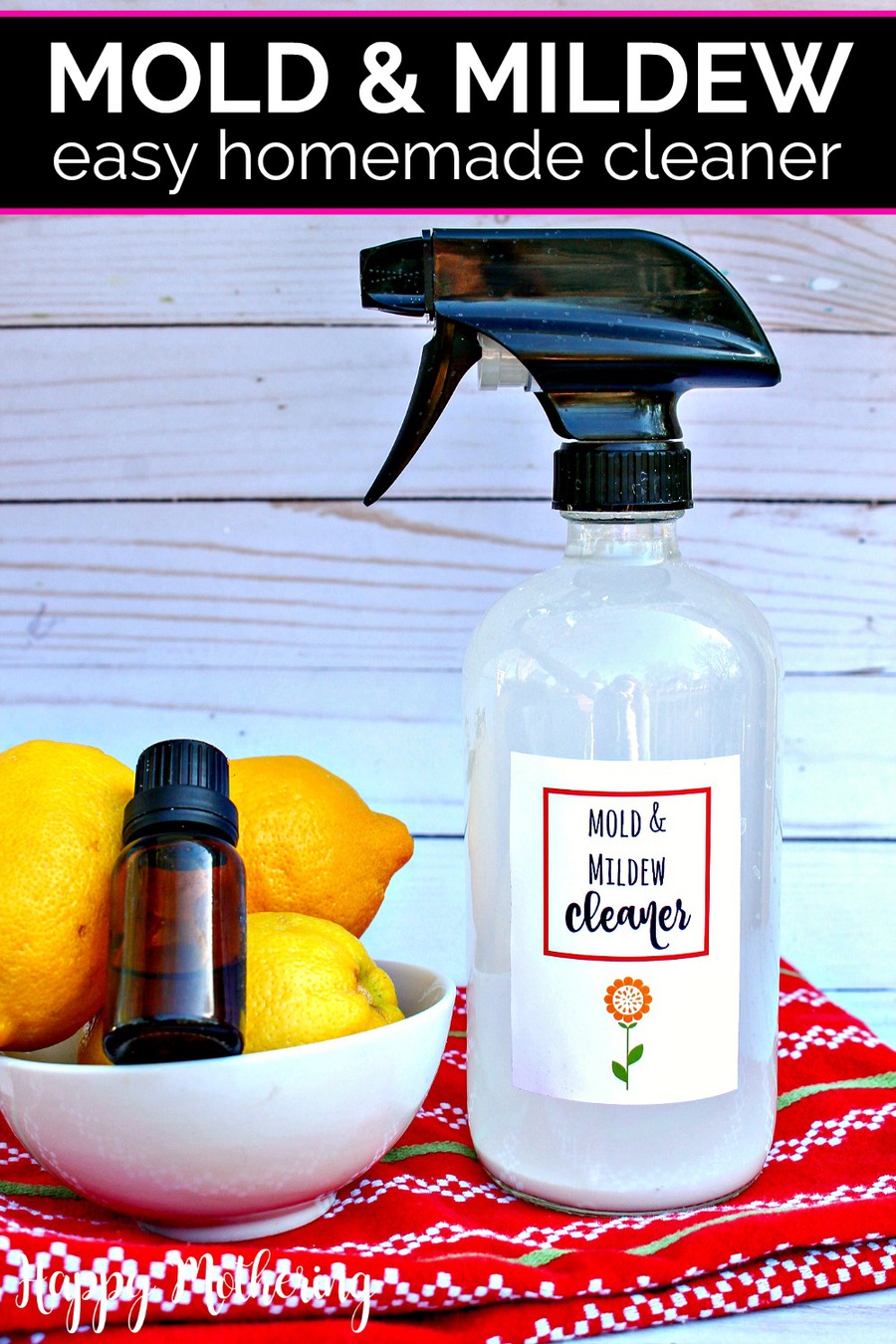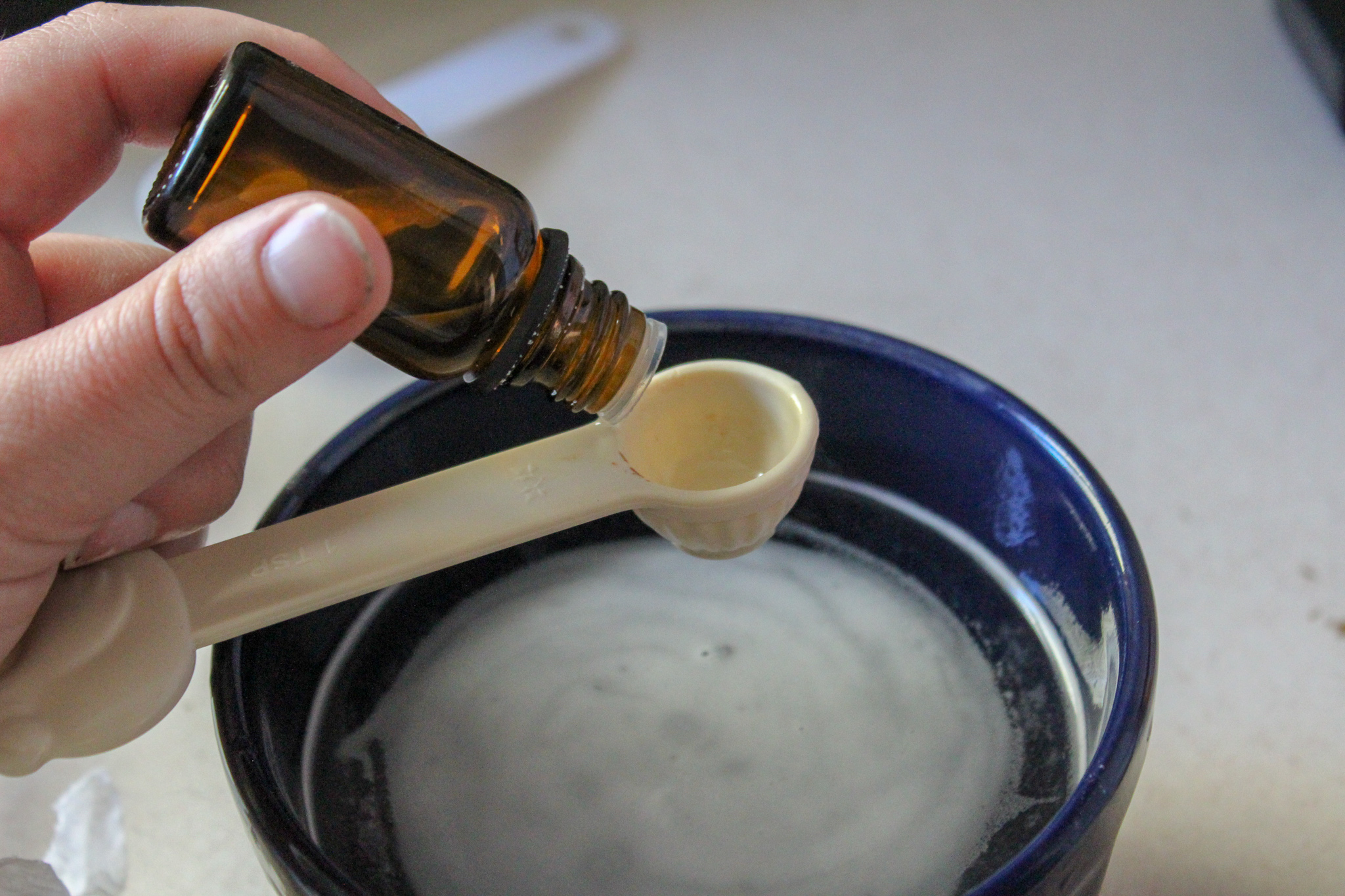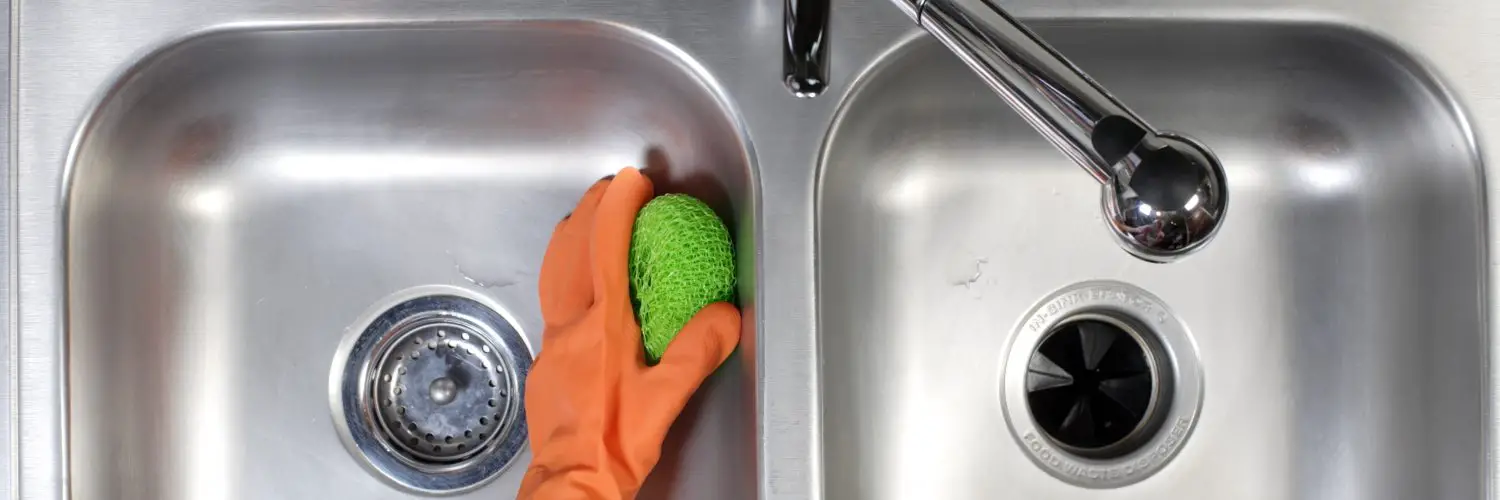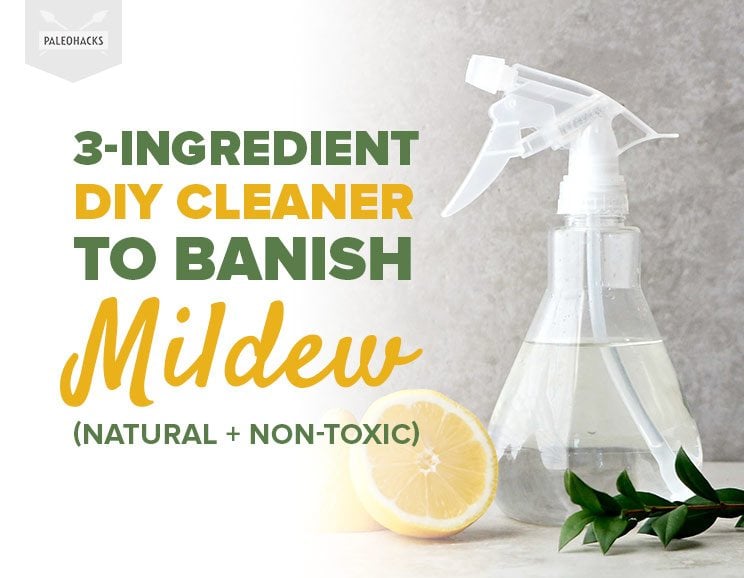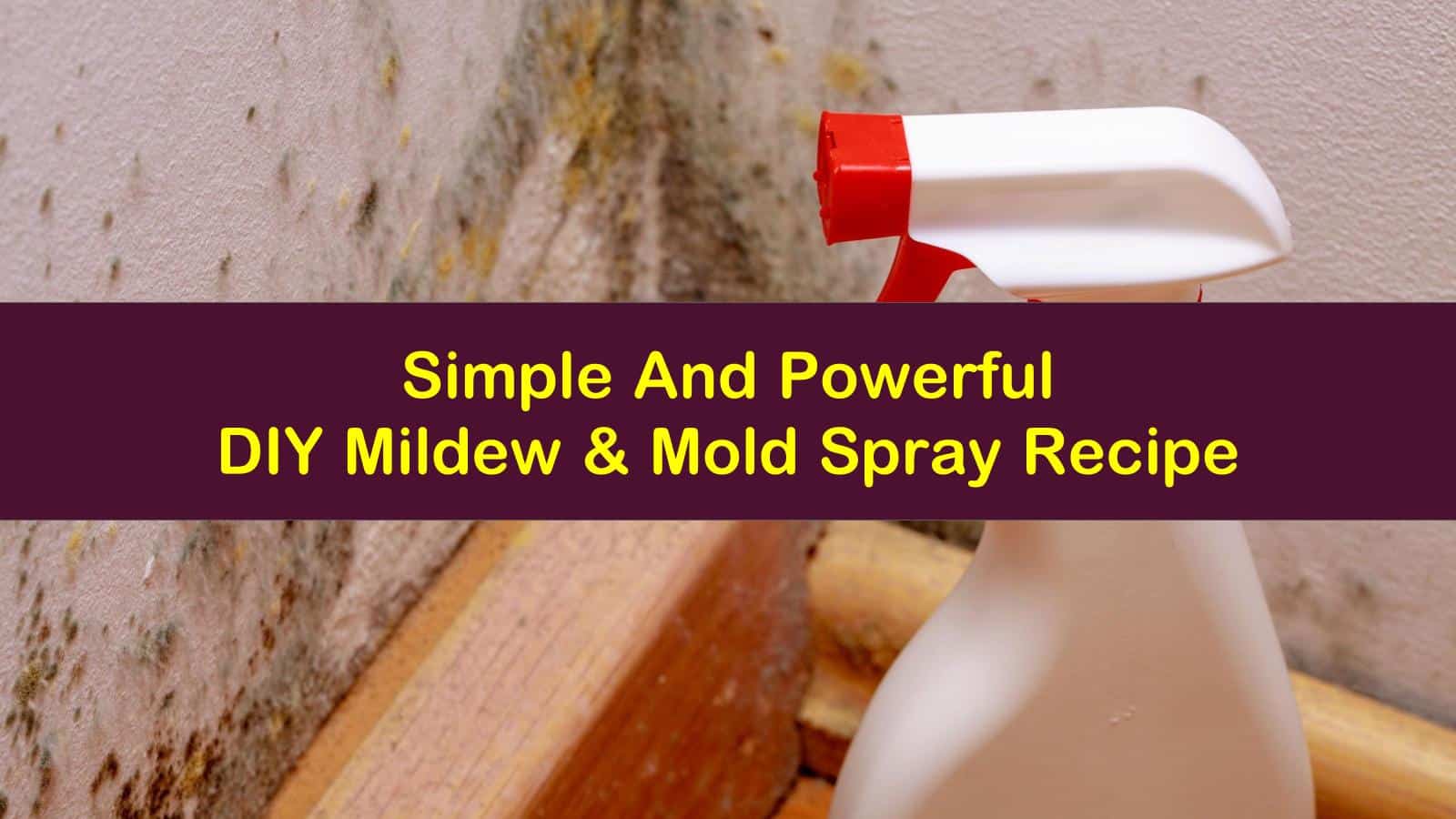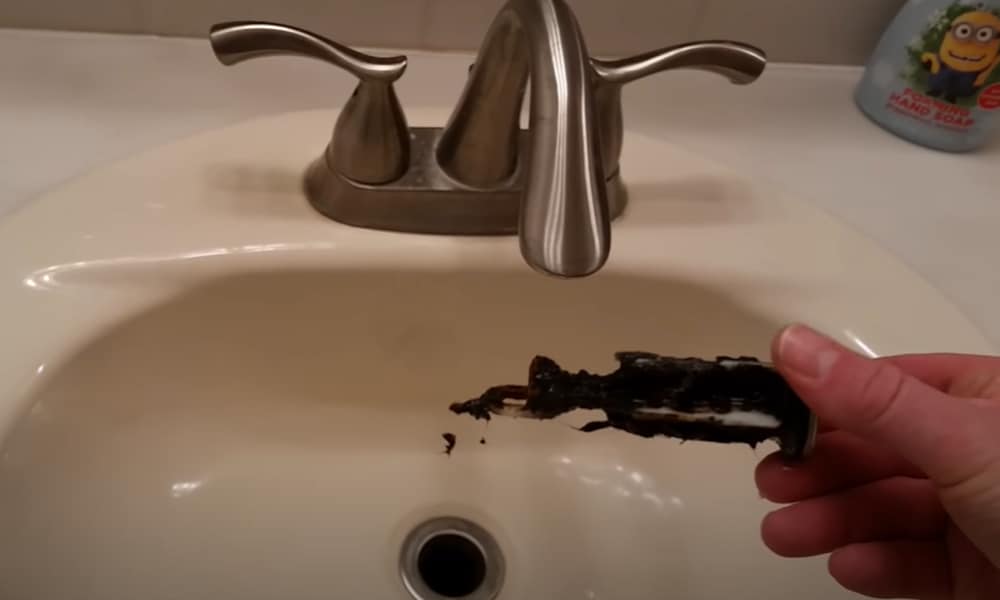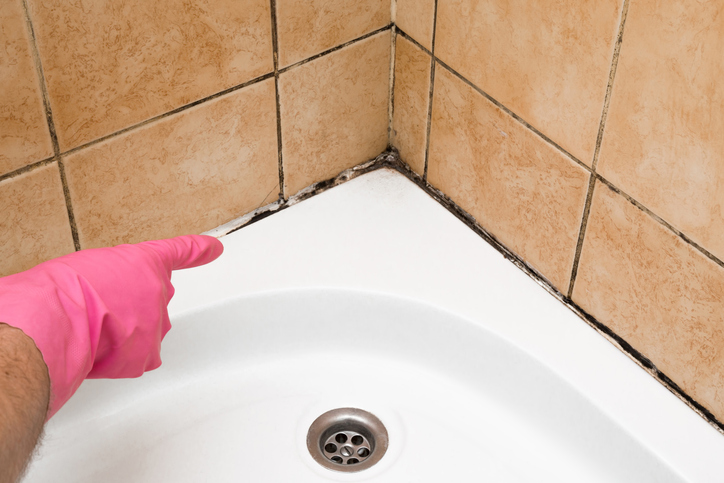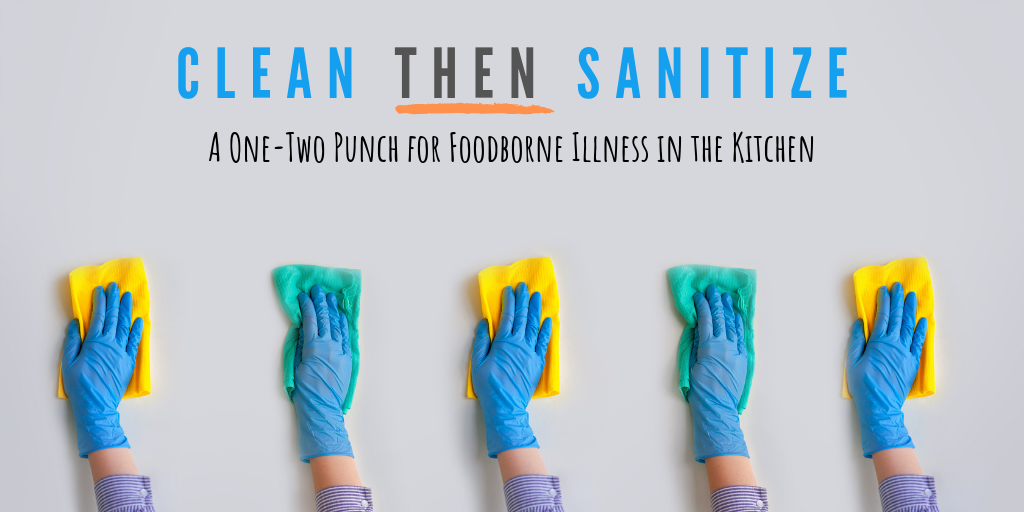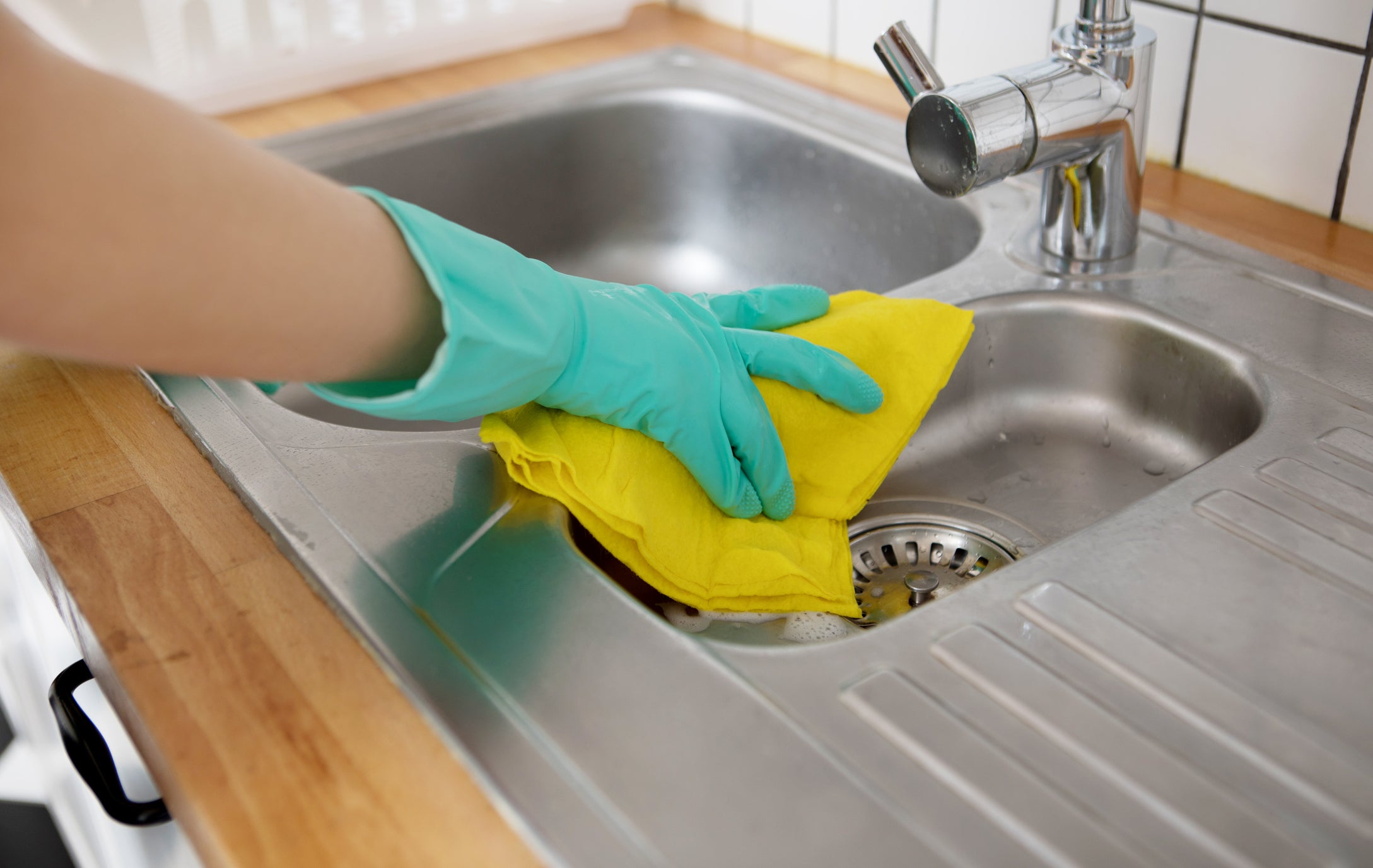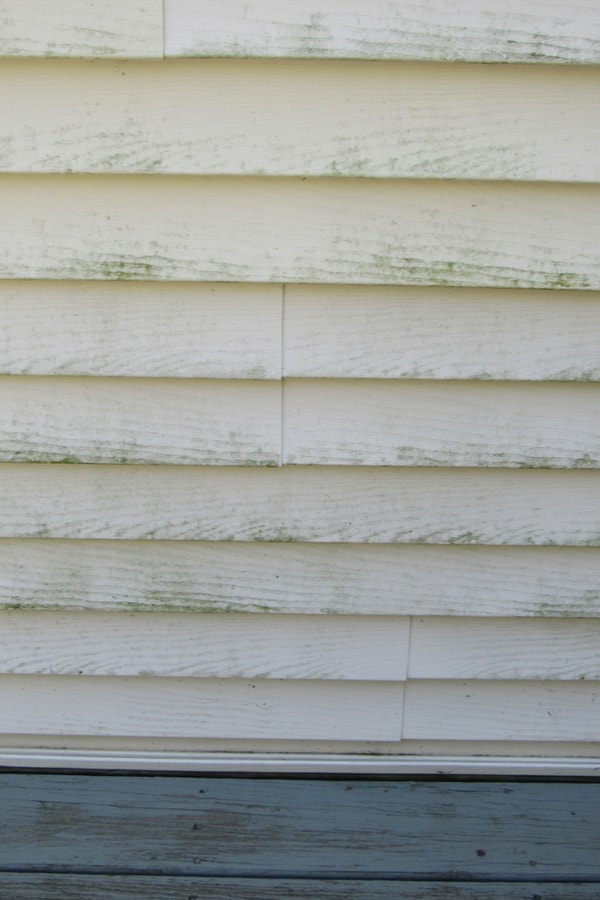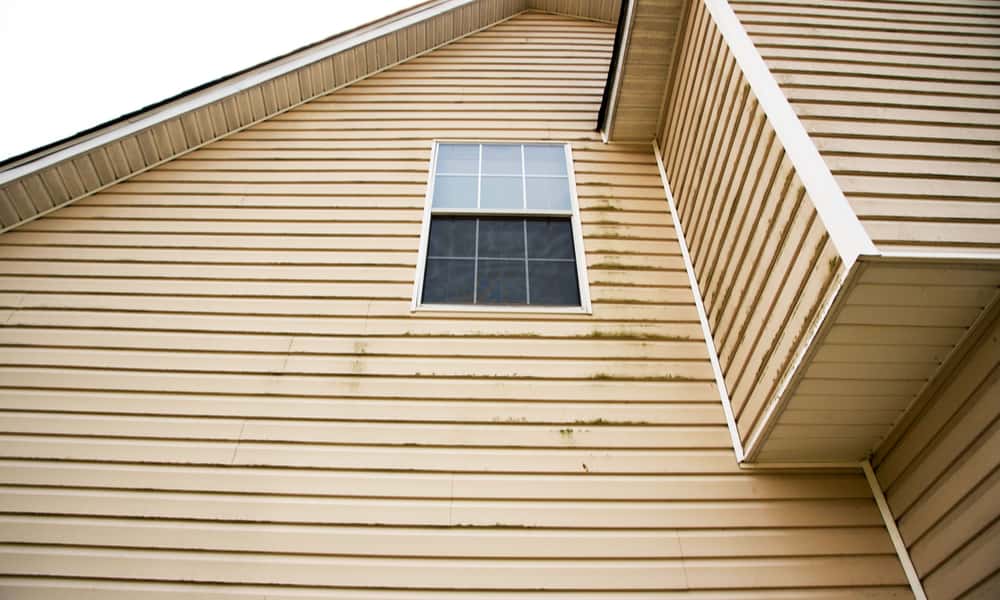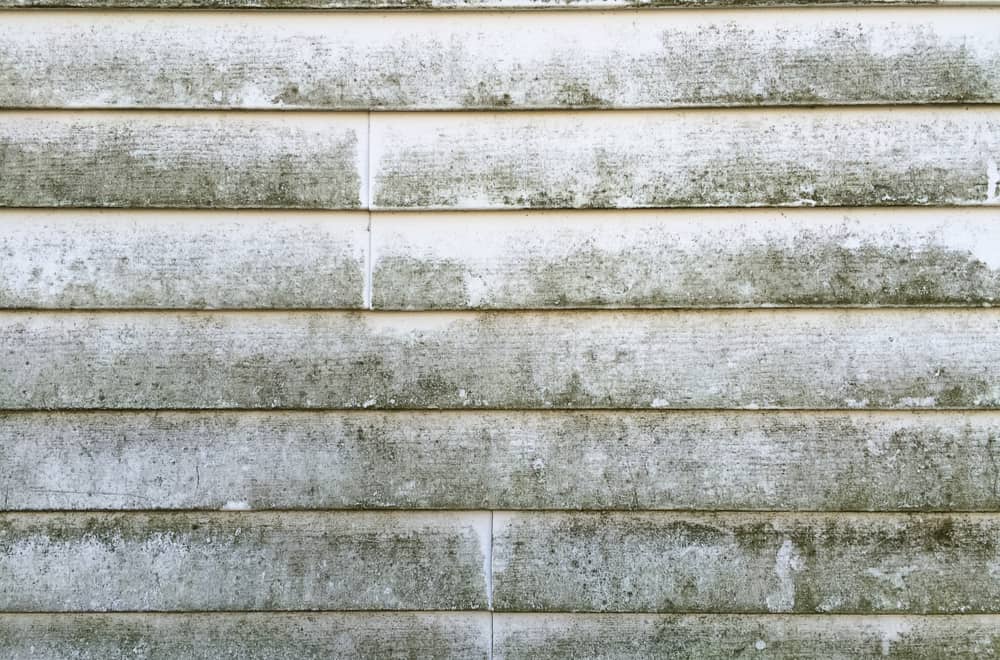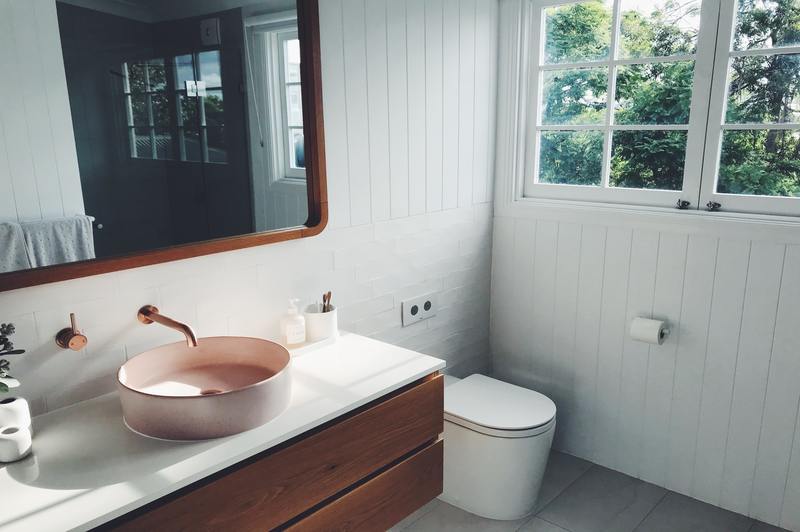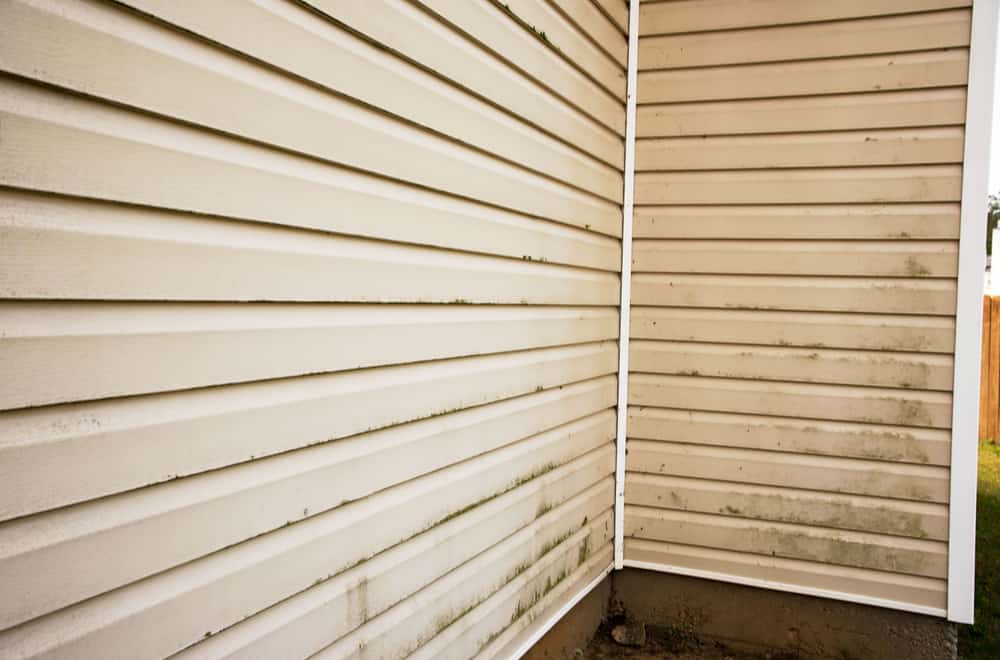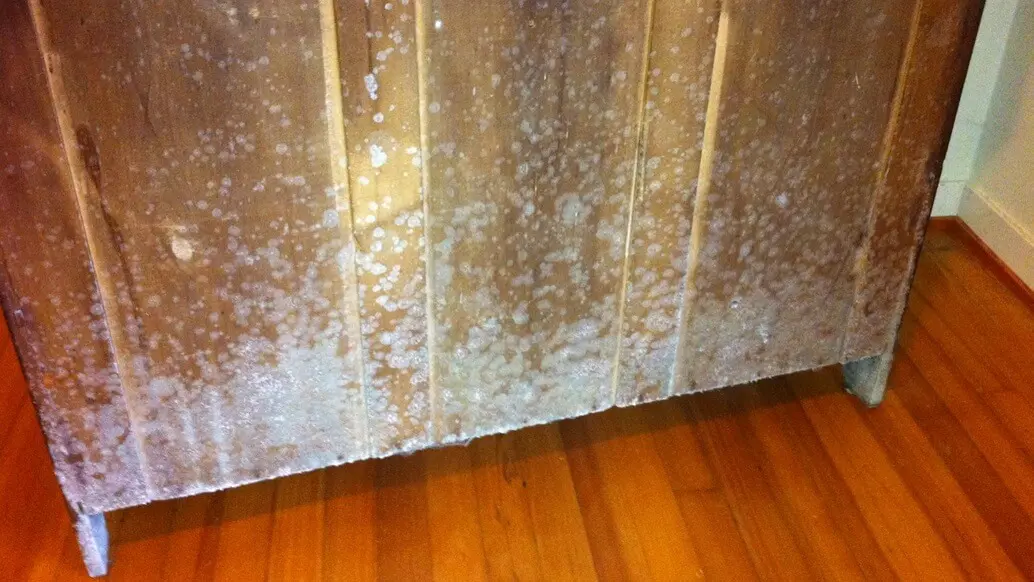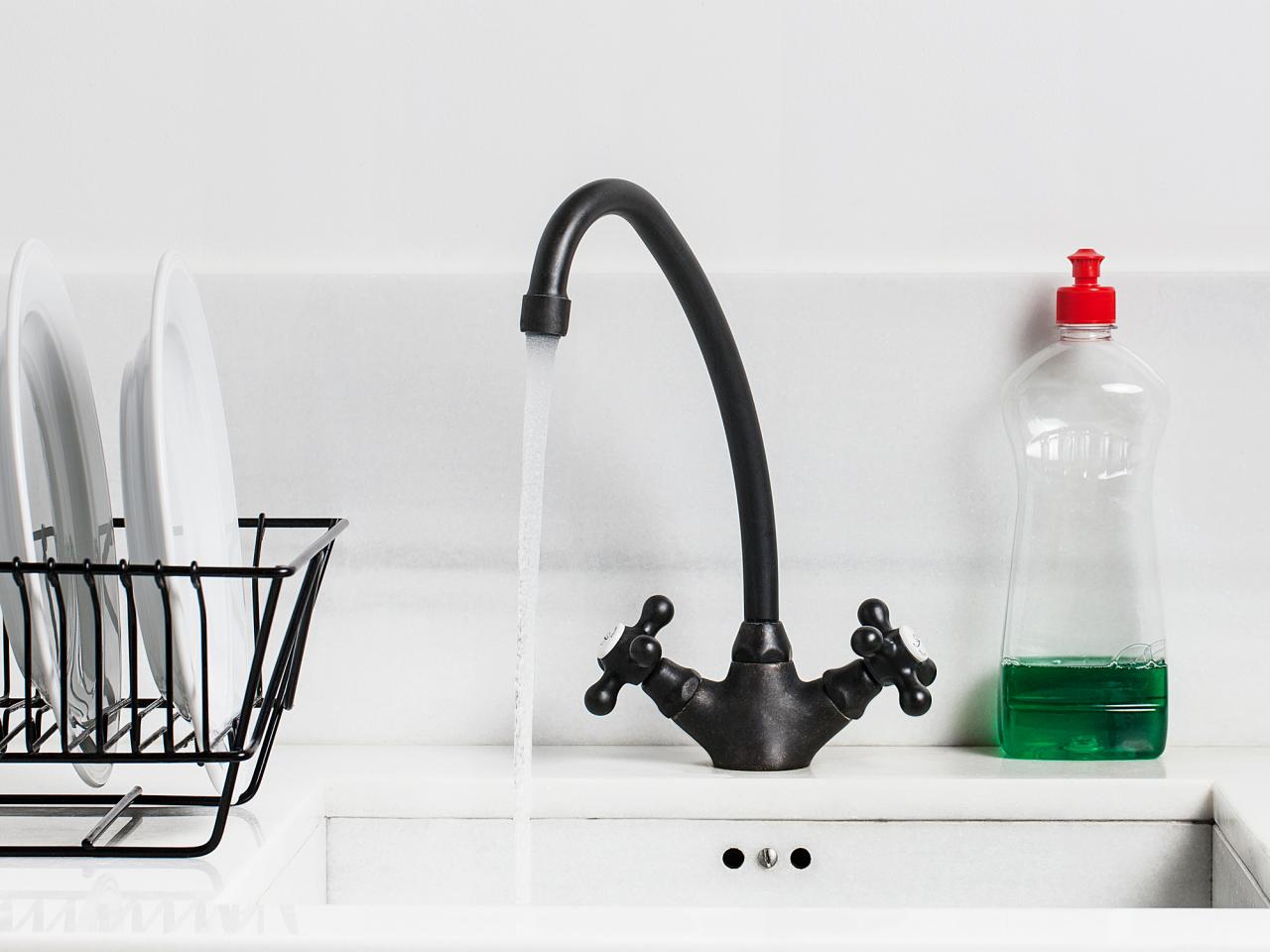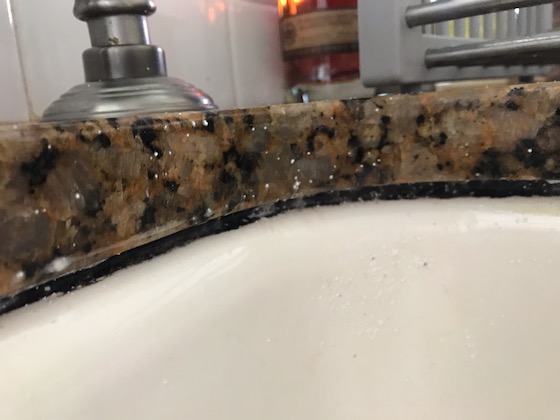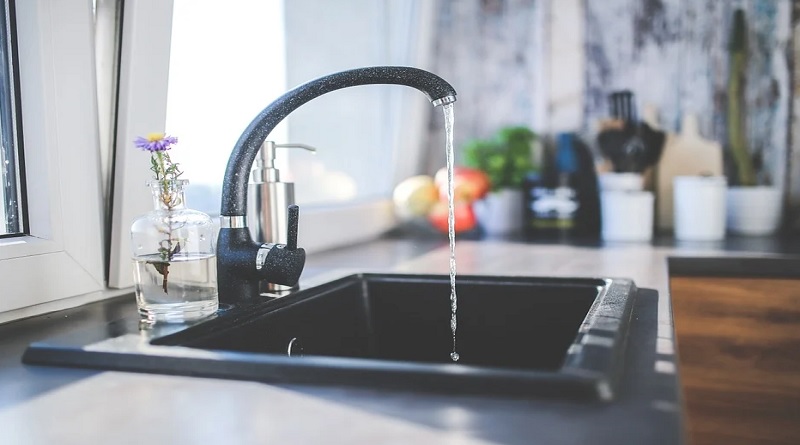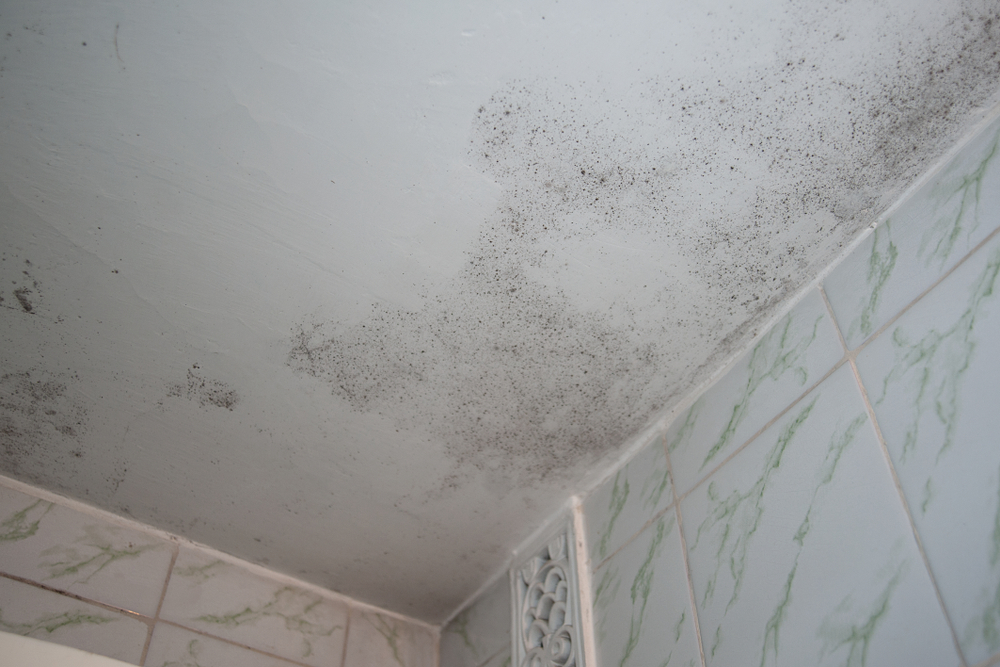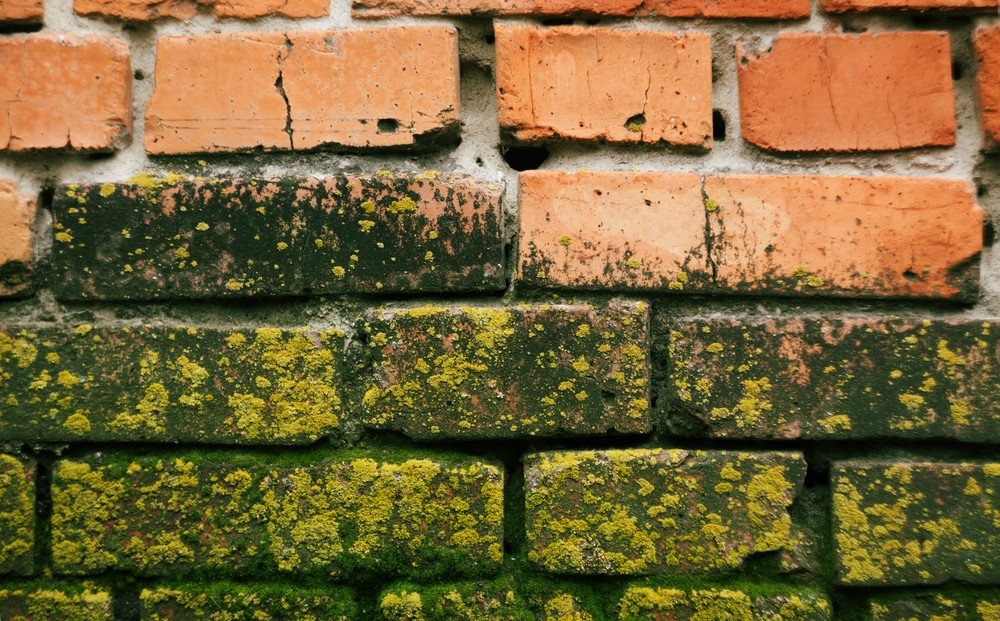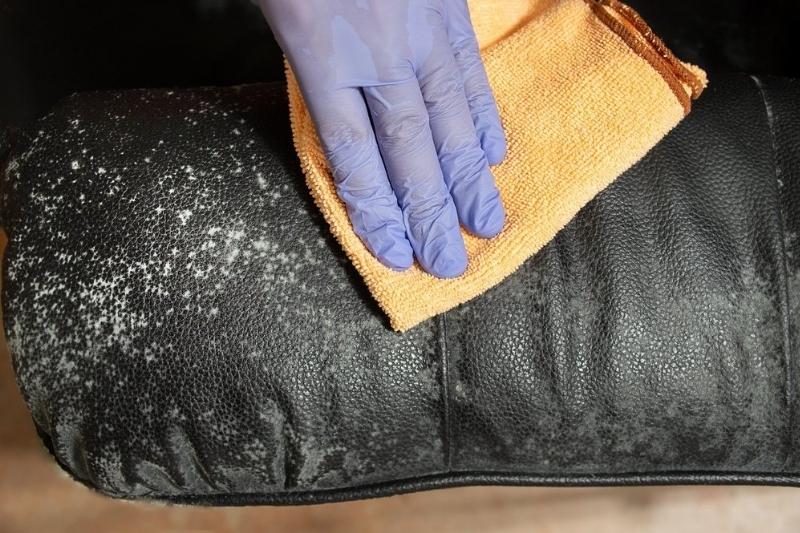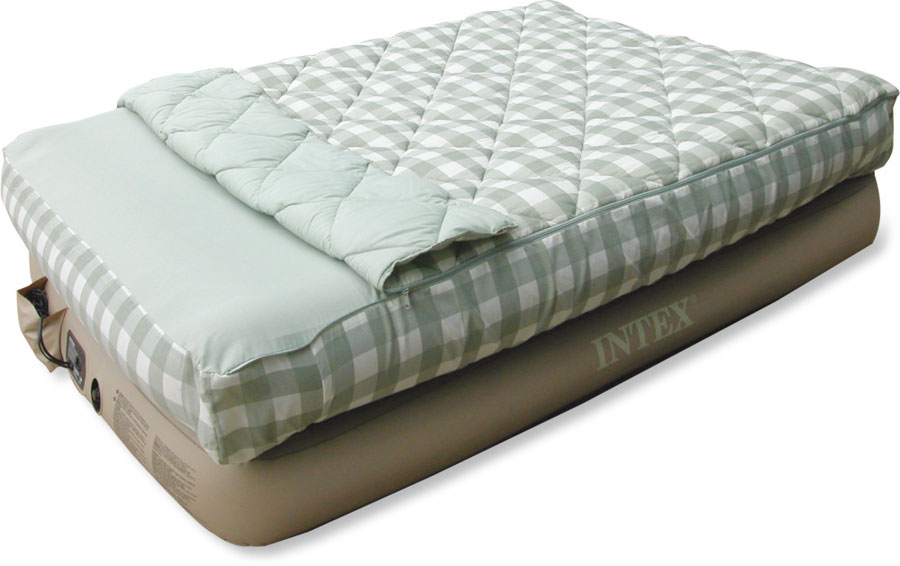If you've noticed unsightly black or green spots in your kitchen sink, chances are you have a mildew problem. This fungus thrives in damp, dark environments and can quickly take over your sink if left untreated. But don't worry, removing mildew from your kitchen sink is easier than you may think. The first step is to thoroughly clean and disinfect your sink. Use a mildew cleaner or a mixture of equal parts water and white vinegar to scrub away any visible mildew. For tougher stains, sprinkle some baking soda on the affected area and scrub with a sponge or brush. Rinse the sink thoroughly with water and dry with a clean towel. To prevent mildew from coming back, make sure to keep your sink dry and well-ventilated. Wipe down your sink after each use and fix any leaks or plumbing issues that may be causing excess moisture. It's also helpful to regularly deep clean your sink with a mildew-fighting cleaner.How to Remove Mildew from a Kitchen Sink
Prevention is key when it comes to keeping mildew at bay in your kitchen sink. The best way to prevent mildew growth is to keep your sink clean and dry. This means wiping down your sink after each use and fixing any leaks or plumbing issues that may be causing excess moisture. You can also try using a daily shower spray or a mixture of water and white vinegar to keep mildew from forming. These solutions can be sprayed on your sink after use and left to air dry, helping to prevent mildew growth. Another effective prevention method is to regularly deep clean your sink with a mildew-fighting cleaner. This will not only keep mildew away but also help to remove any build-up that may be causing the fungus to thrive.Preventing Mildew Growth in Your Kitchen Sink
If you prefer to use natural, DIY solutions to clean your kitchen sink, there are several options available. One effective recipe is a mixture of equal parts water and white vinegar, with a few drops of tea tree oil added in. This solution can be used to scrub away mildew and disinfect your sink. Another DIY cleaner option is a paste made from baking soda and water. This can be applied to the affected areas and scrubbed with a sponge or brush. Let it sit for a few minutes before rinsing with water and drying with a clean towel. Remember to always test any DIY cleaner on a small, inconspicuous area of your sink first to ensure it does not damage the surface.DIY Mildew Cleaner for Kitchen Sinks
If you prefer to use commercial products to clean your kitchen sink, there are many options available specifically designed to remove mildew. Look for products that contain ingredients such as bleach or hydrogen peroxide, which are effective at killing mildew. You can also find specialized mildew cleaners for different types of sinks, such as stainless steel or porcelain. These cleaners may be more gentle on your sink's surface and still effective at removing mildew. When using any commercial cleaner, always follow the instructions carefully and make sure to wear gloves and work in a well-ventilated area.Best Products for Removing Mildew from Kitchen Sinks
It's important to not only remove mildew from your kitchen sink but also disinfect the area to prevent it from coming back. After removing any visible mildew, use a disinfectant cleaner to thoroughly clean your sink. Look for products that contain bleach or hydrogen peroxide for the best results. Alternatively, you can make your own disinfectant solution with equal parts water and white vinegar. This solution can be sprayed on your sink and left to air dry, killing any remaining mildew and bacteria. Remember to always follow the instructions on your chosen cleaner and to wear gloves when handling strong chemicals.How to Clean and Disinfect a Mildewy Kitchen Sink
If you prefer to use natural remedies to clean your kitchen sink, there are several options available that are effective at removing mildew. One popular option is using a mixture of equal parts water and white vinegar, with a few drops of essential oils such as tea tree or eucalyptus added in. You can also try using a paste made from baking soda and water, or a solution of hydrogen peroxide and water. These natural remedies are safe and gentle on your sink's surface while still being effective at removing mildew. Remember to always test any natural remedy on a small, inconspicuous area of your sink first to ensure it does not cause any damage.Natural Remedies for Mildew on Kitchen Sinks
Mildew thrives in damp, dark environments, making your kitchen sink an ideal place for it to grow. It can also be caused by excess moisture from leaks or poor ventilation in your sink area. Food particles and other organic matter can also contribute to mildew growth in your kitchen sink. Regularly cleaning and disinfecting your sink can help prevent the buildup of these elements. If you continue to struggle with mildew growth in your sink, it may be helpful to check for any plumbing or ventilation issues that may be causing excess moisture.Why Does Mildew Grow in Kitchen Sinks?
To keep your kitchen sink mildew-free, it's important to establish a regular cleaning routine. This includes wiping down your sink after each use, deep cleaning regularly with a mildew-fighting cleaner, and fixing any leaks or plumbing issues that may be causing excess moisture. You can also try using a daily shower spray or a mixture of water and white vinegar to keep mildew from forming. These solutions can be sprayed on your sink after use and left to air dry, helping to prevent mildew growth. Regularly inspecting your sink for any signs of mildew and addressing them immediately can also help to keep your sink free of the fungus.How to Keep Your Kitchen Sink Mildew-Free
There are several common causes of mildew growth in kitchen sinks. These include excess moisture from leaks or poor ventilation, food particles and other organic matter, and lack of regular cleaning and disinfecting. If you notice mildew in your sink, it's important to address the root cause to prevent it from coming back. This may involve fixing any plumbing issues, improving ventilation in your sink area, and establishing a regular cleaning routine. By identifying and addressing these common causes, you can keep your kitchen sink free of mildew and maintain a clean and healthy environment in your kitchen.Common Causes of Mildew in Kitchen Sinks
If you're dealing with a stubborn or extensive mildew problem in your kitchen sink, it may be time to call in the professionals. They have access to stronger cleaning products and equipment that can effectively remove mildew from your sink. A professional cleaning service can also help to identify and address any underlying issues that may be contributing to the mildew growth, such as plumbing problems or poor ventilation. Remember, prevention is key when it comes to keeping your kitchen sink mildew-free. But if you do encounter a stubborn case of mildew, don't hesitate to seek professional help for a thorough and effective cleaning. Professional Tips for Removing Mildew from Kitchen Sinks
Mildew on Kitchen Sink: Causes, Prevention, and Removal
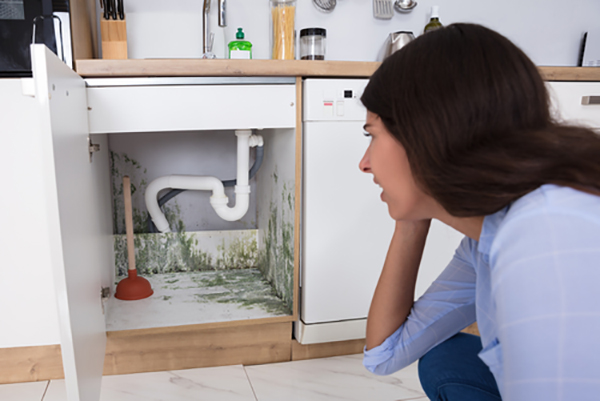
What is Mildew?
 Mildew is a type of fungus that thrives in damp and humid environments. It is often found in areas with poor ventilation and moisture, making your kitchen sink a perfect breeding ground. Mildew is not only unsightly, but it can also pose health risks and cause damage to your kitchen sink and surrounding areas.
Mildew is a type of fungus that thrives in damp and humid environments. It is often found in areas with poor ventilation and moisture, making your kitchen sink a perfect breeding ground. Mildew is not only unsightly, but it can also pose health risks and cause damage to your kitchen sink and surrounding areas.
Causes of Mildew on Kitchen Sink
Preventing Mildew on Kitchen Sink
 Prevention is key when it comes to keeping mildew at bay. The first step is to ensure that your kitchen sink is always dry. Wipe down the sink after each use and fix any leaks promptly. Installing proper ventilation in your kitchen can also help to reduce moisture levels. You can also use a mildew-resistant caulk around your sink to prevent moisture from seeping in.
Prevention is key when it comes to keeping mildew at bay. The first step is to ensure that your kitchen sink is always dry. Wipe down the sink after each use and fix any leaks promptly. Installing proper ventilation in your kitchen can also help to reduce moisture levels. You can also use a mildew-resistant caulk around your sink to prevent moisture from seeping in.
Removing Mildew from Kitchen Sink
In Conclusion
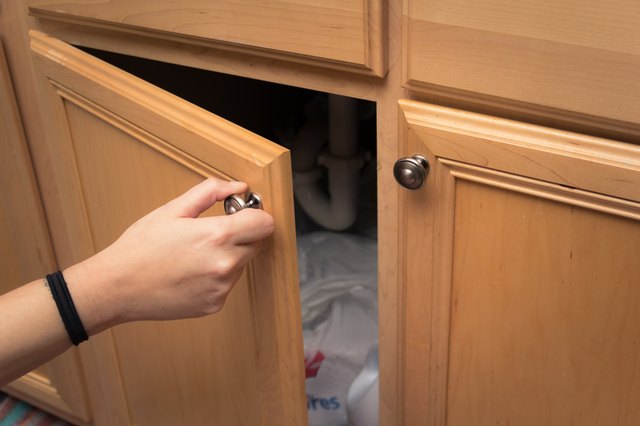 Dealing with mildew on your kitchen sink can be a frustrating and time-consuming task. However, by understanding the causes and taking preventive measures, you can keep mildew at bay and maintain a clean and hygienic kitchen. Remember to regularly clean and dry your sink, provide proper ventilation, and address any leaks or moisture issues promptly. With these simple steps, you can keep your kitchen sink mildew-free and enjoy a clean and healthy cooking space.
Dealing with mildew on your kitchen sink can be a frustrating and time-consuming task. However, by understanding the causes and taking preventive measures, you can keep mildew at bay and maintain a clean and hygienic kitchen. Remember to regularly clean and dry your sink, provide proper ventilation, and address any leaks or moisture issues promptly. With these simple steps, you can keep your kitchen sink mildew-free and enjoy a clean and healthy cooking space.


